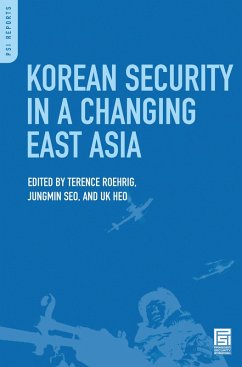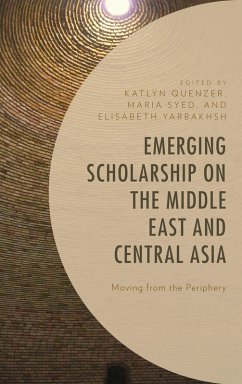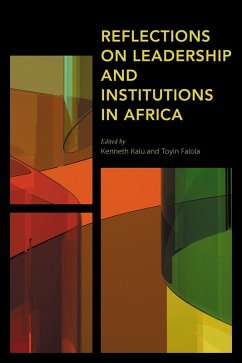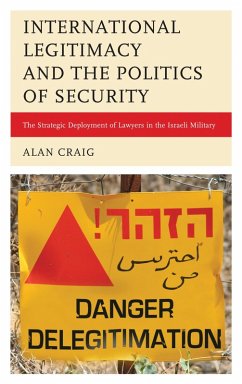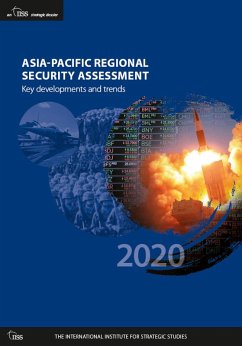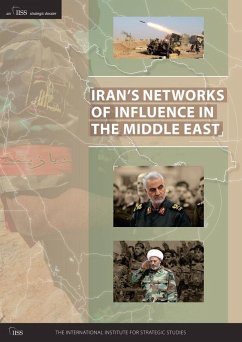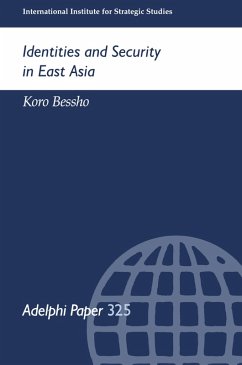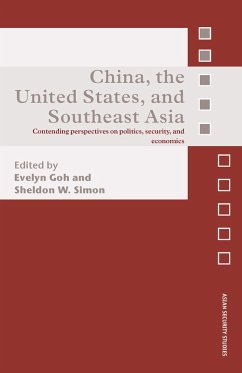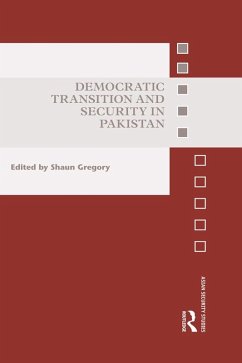
Security Challenges and Military Politics in East Asia (eBook, PDF)
From State Building to Post-Democratization

PAYBACK Punkte
15 °P sammeln!
This comparative work examines the political role played by armed forces in South Korea, Indonesia, the Philippines, and Taiwan. The work brings together theory and empirical study, analyzing how security threats have shaped the military's organization, doctrine, and domestic political role at various stages of political development, from the state-building period to today's post-democratization era. Using four representative case studies, Woo sets to answer: What determines the armed forces' political influence? How does it affect political development? How do democratically elected leaders e...
This comparative work examines the political role played by armed forces in South Korea, Indonesia, the Philippines, and Taiwan. The work brings together theory and empirical study, analyzing how security threats have shaped the military's organization, doctrine, and domestic political role at various stages of political development, from the state-building period to today's post-democratization era. Using four representative case studies, Woo sets to answer: What determines the armed forces' political influence? How does it affect political development? How do democratically elected leaders establish civilian control over them? The book first looks at how security threats led to military expansion and authoritarianism at the onset of the Cold War. Next, it examines military dictatorial rule, followed by a study of the military's withdrawal process during democratization. Lastly, it focuses on contemporary civil-military dynamics in the four countries, discussing the obstacles faced by civilian authority and what maybe the most desirable model for civil-military relations in post-democratization Asian societies. "Security Challenges and Military Politics in East Asia" will be an essential resource for anyone studying Asian political development, civil-military relations, and comparative democratization.




